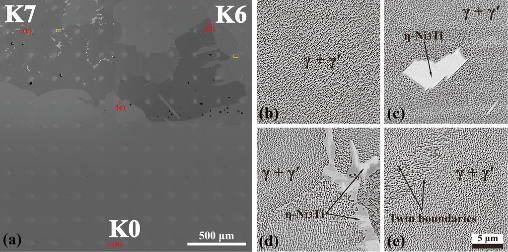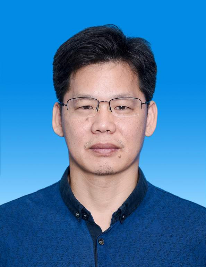Towards design of nickel-based superalloys through high-throughput experimental and high-efficiency computational approaches
Shangzhou Zhang 1,Zichao Yu 1,Jiali Gao 1,Xin Yu 1,Zi Wang 2,Longfei Zhang 2,Lilong Zhu 1,*,Lei Zhao 3,Hongyao Yu 3,Zhongnan Bi 3,Liang Jiang 1
1 Yanti University, Yantai 264005, Shandong, China
2 Central South University, Changsha 410083, Hunan, China
3 Central Iron & Steel Research Institute, Beijing 100081, China
EXTENDED ABSTRACT: As one of the key innovation infrastructures in the Materials Genome Initiative (MGI), high-throughput experimental and high-efficiency computational approaches play an important role in accelerating the design and development of high-performance alloys. By performing high-throughput experiments, abundant fundamental data can be obtained in a short time that will significantly accelerate the establishment of reliable composition-phase-structure-property relationships and theoretical models for rapid alloy composition design. By employing integrated computational tools within the CALPHAD framework, preferred alloy compositions can be efficiently screened from the huge composition space, which will significantly promote the development and application of novel advanced alloys. In the present work, high-throughput diffusion multiple approach was applied to efficiently fabricate combinatorial multi-component Ni-based superalloys. Accordingly, high spatial resolution characterization tools were integrated for high-throughput statistical mapping of composition, crystal structure, microstructure, and properties. The established composition-phase-microstructure-property relationships can directly serve for composition optimization of Ni-Co-based superalloys. Meanwhile, a systematic alloy composition design procedure integrating the prediction models of microstructure stability and key properties was developed and demonstrated in the research and development of high-performance casting superalloys.

Figure 1. Typical microstructure of Ni-Co-based superalloy formed in the diffusion multiple.

Shangzhou Zhang has completed his PhD from the Institute of Metal Research, Chinese Academy of Sciences. He is a professor in the Institute for Advanced Studies in Precision Materials, Yantai University, and engaged in the design and high-throughput characterization of superalloys and titanium alloys. He has published more than 30 papers in reputed journals and authorized seven national invention patents.